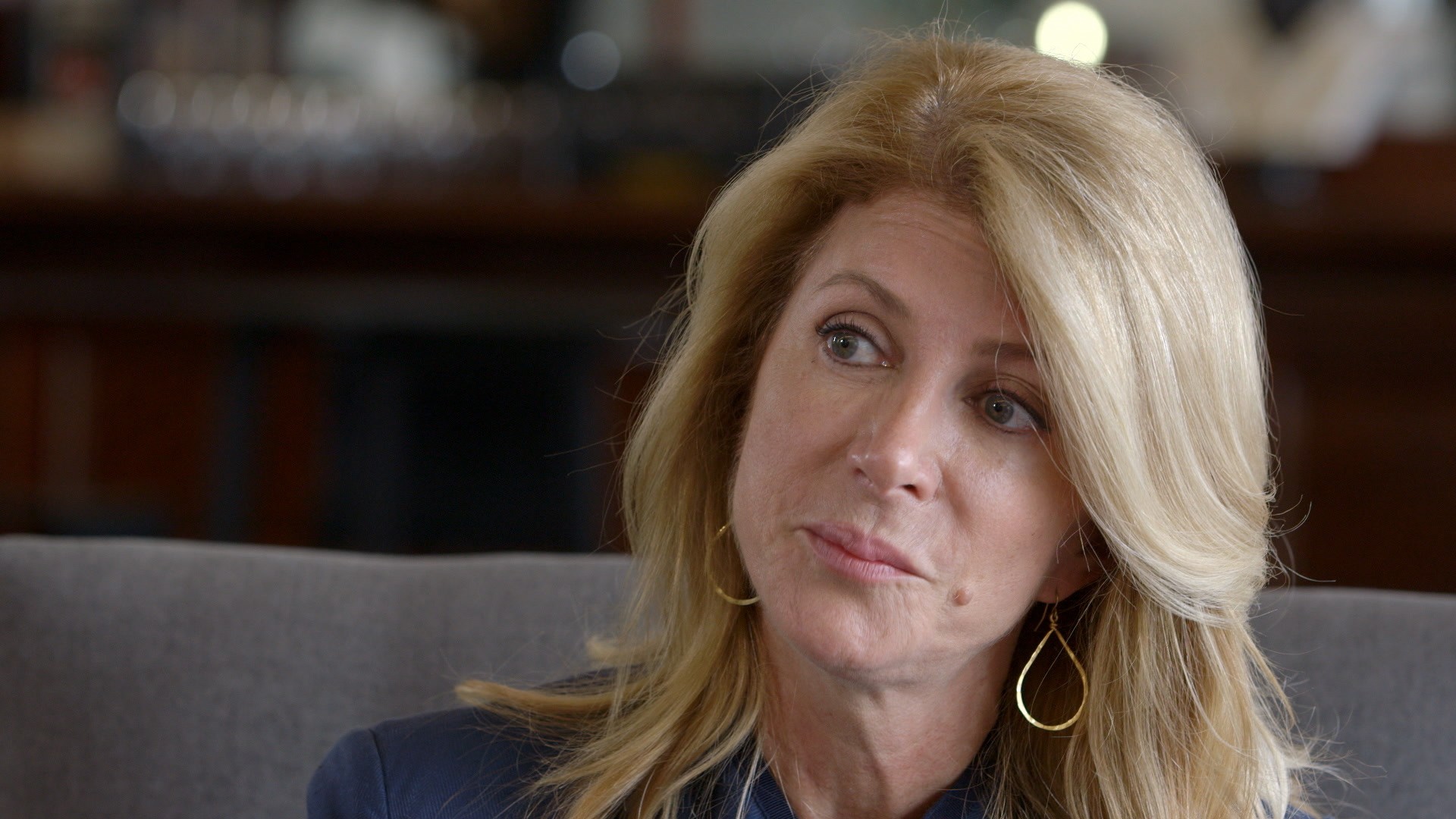Growing up in Arkansas, I was taught both overtly and covertly about the various ways women's lives are restricted. Though I had amazing teachers and parents who tried to counteract it, there was an ever-present message that women were only suitable for certain jobs, that they ought to care about the housework and cooking, that their first and only worthwhile goal in life was to become a mother. Mine was a churchy town, and men were regarded as the spiritual leaders of the home and community, which naturally left women bringing up the rear.
Advertisement
These days in Arkansas, though, lawmakers seem to believe there's only one threat to women and girls: mothers who want to abort them.Last week, Governor Asa Hutchinson signed a bill prohibiting "sex-selection abortions," based on the vague and racist idea that Asian-American immigrants coming into the state might seek to abort daughters because that may or may not have happened in response to China's one-child policy. (The reasoning is vague and full of what-ifs and hypotheticals.)To be clear, this is a solution in search of a problem: There's no evidence sex-selection abortion happens in the United States, in any community. And the bill's sponsor, a Republican in the State House of Representatives who works as an executive headhunter in the Fayetteville area in northwest Arkansas, acknowledged as much. In February, he called his legislation "largely a statement clarifying that what happens broadly in other places, for sure, is going to be illegal here."Though Arkansas joins seven other states in banning sex-selection abortion, its law is particularly invasive. It requires doctors and medical professionals to ask women about their family and medical histories (including past pregnancy) and whether they know the sex of the child, effectively imposing a waiting period on the procedure. Abortion providers face up to a year in prison and a $2,500 fine if they violate it, which will likely have the effect of discouraging doctors from practicing in the state. The law could also encourage extra scrutiny of Asian-American women seeking abortions.
Advertisement
Of course, the law is in keeping with a broader hyper-conservative agenda in the state, which has had an increasingly powerful Republican Party since the 2012 elections ousted Democrats from power. Earlier this year, the state also banned a common second-trimester abortion procedure, and Arkansas is so staunchly anti-abortion that some Democrats voted for both of these bills along with the Republican majority. The man who sponsored the sex-selection abortion legislation, Charlie Collins, has also been a champion for many other super right-wing causes. Most notoriously, he supported a law two years ago that made it illegal for towns and cities in the state to pass ordinances protecting LGBTQ Arkansans from discrimination—his gay brother publicly opposed his actions, and the State Supreme Court has since blocked the measure. He was also a sponsor of a recent controversial bill allowing concealed-carry firearms on college campuses.Now Collins seems to be trying to portray himself as a champion for women. In citing a gender imbalance in China as a reason for the need for a law against sex-selection abortions here, he left untouched why parents in any country might prefer to have a boy: centuries-old inheritance systems, proscribed roles for women that kept them in a home, and more modern job discrimination that made it impossible for a girl to have equal opportunities in life.Check out Broadly's interview with Wendy Davis, a champion of abortion rights in Texas.
Advertisement

